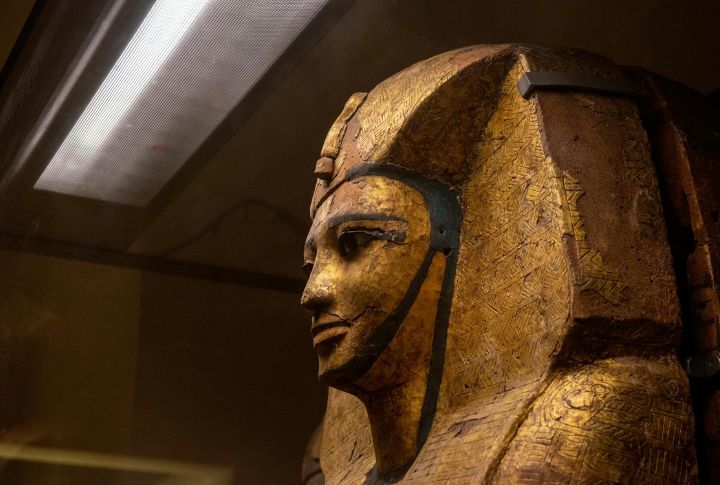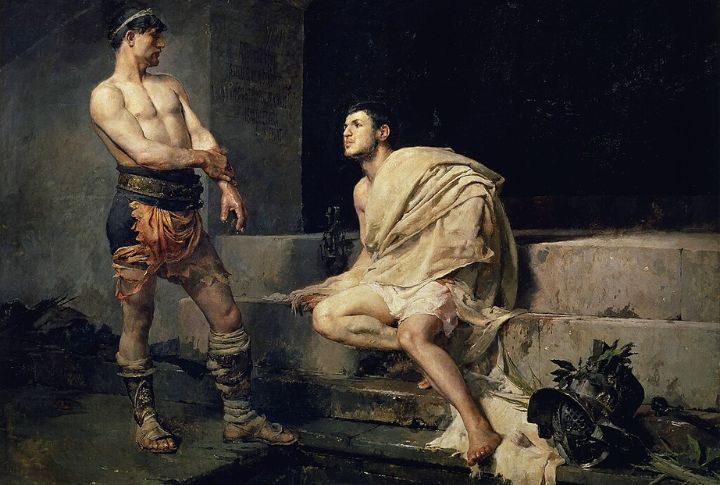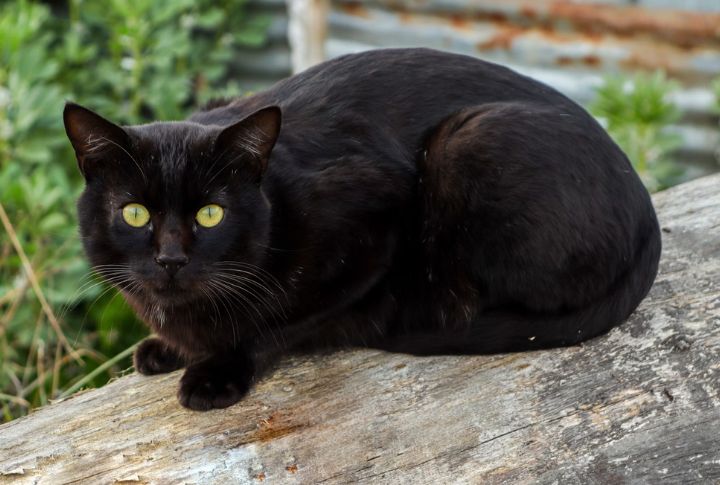
Long before textbooks and microscopes, people looked to stars, bones, and omens for answers. Entire civilizations followed systems that now seem strange or extreme, yet they shaped the world as we know it. Here are ten of the most unusual beliefs that once dictated daily life.
The Pharaoh’s Eternal Curse

In ancient Egypt, disturbing a tomb meant inviting a curse and, sometimes, death itself. Many graves carried warnings calling on the gods for revenge. Stories of King Tutankhamun’s tomb being cursed gained traction after Lord Carnarvon, who funded the excavation, died shortly after its opening.
Gladiator Blood As A Sacred Elixir

The Romans believed a gladiator’s blood held courage and strength. After battles, some drank it. They also believed that it cured epilepsy and boosted masculinity. Physicians like Galen, a prominent Roman doctor and philosopher, dismissed the practice as superstition, but belief persisted.
Messages From The Gods Through The Body

Sneezing before a trip was seen as a divine warning in ancient Greece. Similarly, signs such as eye twitches or shivers were believed to be omens. Priests interpreted these signals, and even Aristotle believed hiccups could predict arguments. They believed the body carried messages from the gods.
Sacrifices To The Forces Of Nature

When volcanoes erupted, civilizations like the Aztecs, Hawaiians, and early Greeks offered treasure or human lives to calm fiery gods. Mount Etna, thought to be Hephaestus’s forge, witnessed many rituals. Honoring nature through sacrifices was seen as a necessary way to protect themselves from its power.
The Moon’s Mysterious Influence

More than poetic language, lunacy has roots in ancient beliefs. Thinkers like Pliny the Elder claimed the full moon triggered madness and strange behavior. Moreover, Moon gods such as Selene and Thoth were said to influence dreams and time, which shaped both fear and ritual.
Animal Omens & Witchcraft

Black cats, far from ordinary pets, were seen as mysterious partners in supernatural mischief. In medieval Europe, crossing one at night was believed to bring doom. Additionally, animals such as owls or goats were accused of helping witches—their natural behaviors twisted into signs of dark and unholy alliances.
The Mystery Behind Left-Handedness

In many ancient cultures, the left hand stood for chaos, inspiring the Latin word “sinister.” Yet, in Zulu and Incan traditions, left-handed people were thought to hold special prophetic powers. Because lefties were rare, they were both feared and revered. Your dominant hand might have meant the difference between being blessed or cursed.
A Floating Earth In A Cosmic Ocean

The Mesopotamians imagined the Earth as resting on Apsu, the watery abyss, and explained earthquakes as caused by sea beasts moving beneath. Similarly, Norse myths spoke of Jormungandr, the world serpent coiled under the seas. Back then, science hadn’t yet explained these mysteries.
Echoes As Spirits Talking

Before science explained sound waves, many ancient cultures believed echoes were more than just sound bouncing back. Instead, they saw them as spirits answering the living. Over time, these mysterious repetitions became part of folklore, reinforcing the idea that unseen forces were always listening—and sometimes even whispering back.
The Sacred Power Of Human Remains

Bones weren’t seen as useless because they held meaning and power. The ancient Celts, for example, kept enemy skulls for protection. In many cultures, hair, teeth, or even mummies were believed to carry energy or wisdom. Later, churches kept saints’ remains as relics, showing that power could live on after death.

